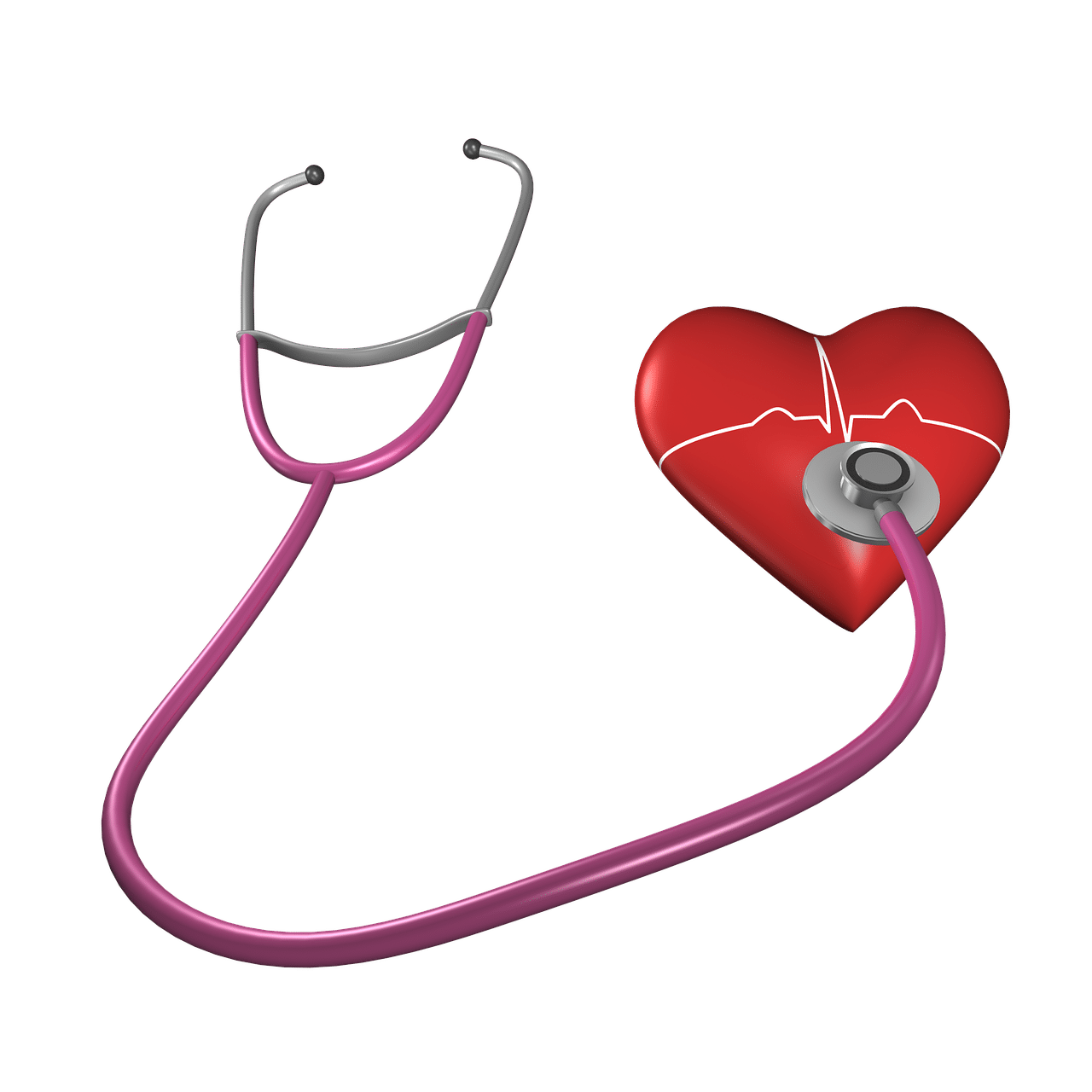
Eating certain foods can cause a harmful increase in blood cholesterol levels.
Cholesterol is a white, steroid-type alcohol that cannot dissolve in water. It is a sterol noticeable in the body tissues and blood of vertebrate organisms, especially in the liver , pancreas , spinal cord and brain .
Originating from the French cholesterol , cholesterol, according to medical experts, was discovered by Michel Eugène Chevreul from the analysis of gallbladder stones. Over the years, it was noted that the structure of each cholesterol molecule includes a polar head (formed by the hydroxyl group) and a nonpolar portion or tail (made up of aliphatic substituents and condensed nuclei).
Cholesterol in the body
The level of cholesterol in the body can increase exogenously from the consumption of certain foods , such as red meat and egg yolk , for example.
It is important to keep in mind that cholesterol is not always harmful to health . On the contrary, it is essential for life since it is a precursor of sex hormones, vitamin D, bile salts (which help in digestion) and lipid rafts.
The essential issue is that the body requires a certain amount of cholesterol in the blood to satisfy its needs. Problems appear with excess , which produces atherosclerosis of the vital arteries and can lead to the development of coronary and cerebrovascular diseases .
Specialists recommend eating foods with a low amount of saturated fat and engaging in physical activities to prevent cholesterol levels from reaching levels that are harmful to health.

The so-called bad cholesterol increases cardiovascular risk.
Cardiovascular risk
There are two types of cholesterol: bad cholesterol (which is deposited in the arteries and clogs them) and good cholesterol (which binds to the HDL particle and transports excess cholesterol to the liver, where it is destroyed).
The real danger that high cholesterol implies for the body is the possibility of a hypercholesterolemia crisis occurring. According to studies, it is known that those people who have a blood cholesterol index greater than 240 run twice the risk of suffering a myocardial infarction than those who have a level lower than 200.
This is because there comes a time when the cells are not able to absorb all the cholesterol that travels in the blood and the excess begins to accumulate on the walls of the arteries and slowly clogs them, until causing arteriosclerosis. The solution to this problem is to eat a balanced diet in order to prevent bad cholesterol from rising too high; If myocardial infarctions have been suffered, prevention must be more exhaustive to avoid new crises.
The best way to avoid cardiovascular accidents and balance our cholesterol is to eat a healthy diet that does not contain saturated fats. The most recommended diet is the Mediterranean because it provides a contribution of monounsaturated and polyunsaturated fatty acids , present in fish and oils, which considerably helps control excess cholesterol.
Veganism and cholesterol
The vegan philosophy is based on respect for nature and includes a nutritious diet that does not include meat or any products of animal origin. Although there are many detractors who claim that humans need meat because it is the main source of protein and that some people who follow a vegan diet have reported health problems due to the low level of cholesterol in the blood , it is known that a Balanced vegan diet is ideal to stay healthy.
Vegans who eat an orderly diet have levels of bad cholesterol that are much lower than those present in people who eat a meat diet and do not usually suffer from cardiovascular problems; This is because vegan foods are low in saturated fat and contain almost no cholesterol (present in abundance in products of animal origin), which prevents levels from skyrocketing.
But a vegan diet not only brings benefits to keeping cholesterol balanced; It also helps control diabetes (insulin-dependent patients could be helped to the point of reducing their insulin dose) and prevent the formation of kidney or gallstones. But fundamentally, veganism brings you closer to nature in general and animals in particular and allows you to live in harmony with the environment, doing your bit so that animal abuse and exploitation disappear from our societies.
